Sipping immune-boosting tea is a great way to support your health. Think of it as a daily pat on the back for your body. The best tea for your immune system is both comforting and packed with immune-loving benefits. But which blends stand out above the rest?
Choosing tea over other drinks is not that easy, but over time, you’ll come to see it as choosing to love yourself more than you love sugar. The antioxidants in the best tea for your immune system quietly work their magic, offering your body the support it needs. While it won’t give you superpowers, it’s a straightforward way to give your immune system a little extra help.
Tea doesn’t just boost your health in one way. Drinking tea has plenty of other health benefits like lowering your risk of diabetes, lowering blood pressure, and helping you live longer, to name a few. So, strengthen your body’s defenses across the board by sipping on a delicious cup of tea.
And let’s not forget the hydration boost. Instead of chugging gallons of water, it’s okay to add flavor to your daily routine with tea. You don’t even have to add sugar, just the tea alone, heated with a half of a lemon squeeze is more than enough to make you feel like a wise sage, making the world a better place. We want you to be healthy, which is why at StudyFinds we have created an amazing list of the best teas for your immune system, as recommended by experts. Did we miss your tried-and-true blend? Share your story in the comments!
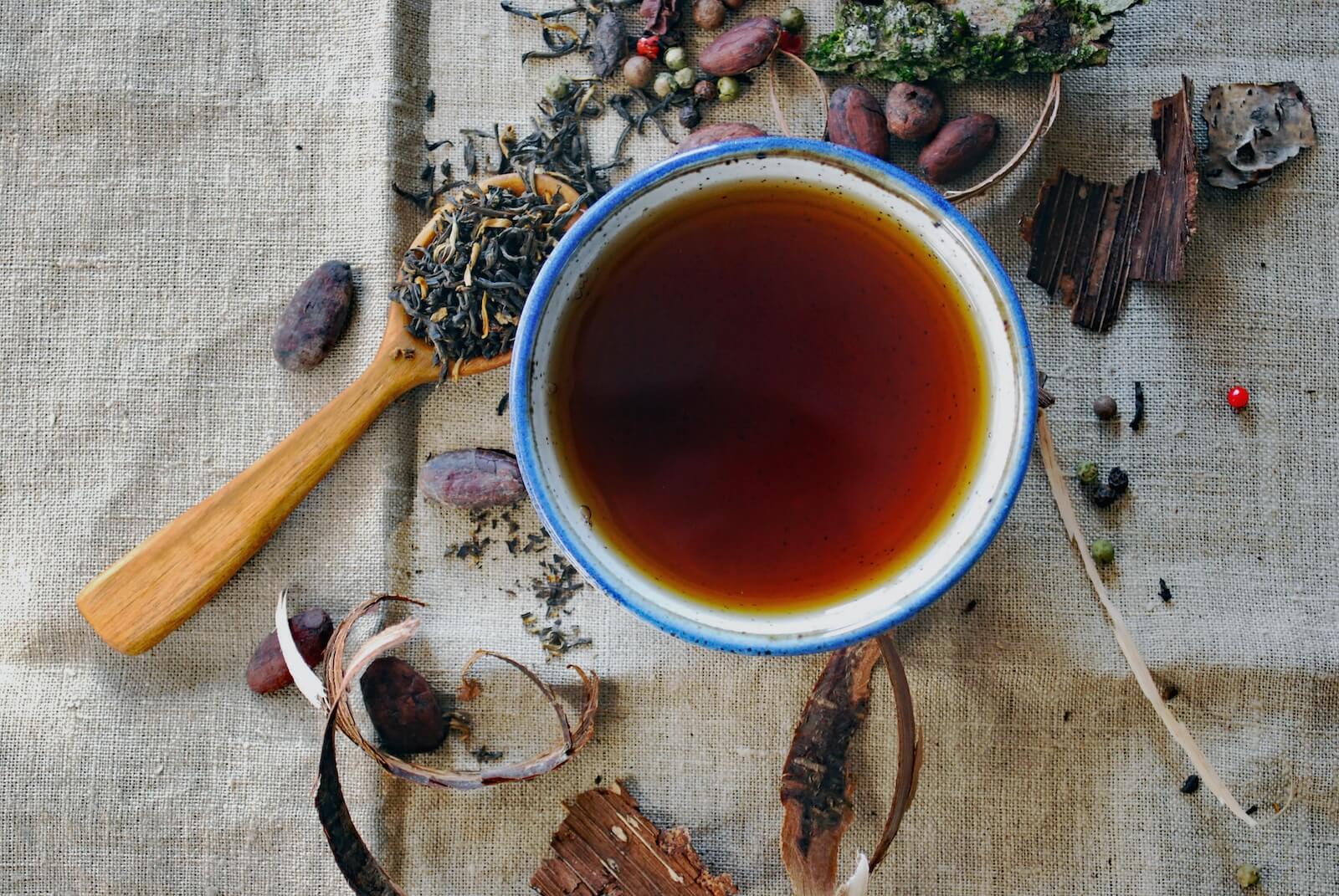
The List: Best Immune-Boosting Tea, Per Health Experts
1. White Tea
The most recommended type of tea for immunity is white tea. “If you want to keep your caffeine consumption on the lower end, then white tea, such as silver needle and white peony, are some alternatives. Originating from China and India, white tea is green tea but is harvested as young leaves and buds covered with fine white hairs. White tea is the least processed among true tea varieties; it’s sun-dried for a short period after harvest to minimize oxidation, as oxidation can darken the color and flavor of the tea leaves. Compared to green tea and matcha tea, white tea generally has 15% less caffeine and, depending on the variety, it offers a delicate and mild flavor, as if it is fresh from the garden. Since it is minimally processed, its antioxidant compounds, such as catechins, are highly retained. Research has found that the high antioxidant concentration present in white tea may play a role in cancer prevention by protecting against cell damage from free radicals,” says Cating Well.
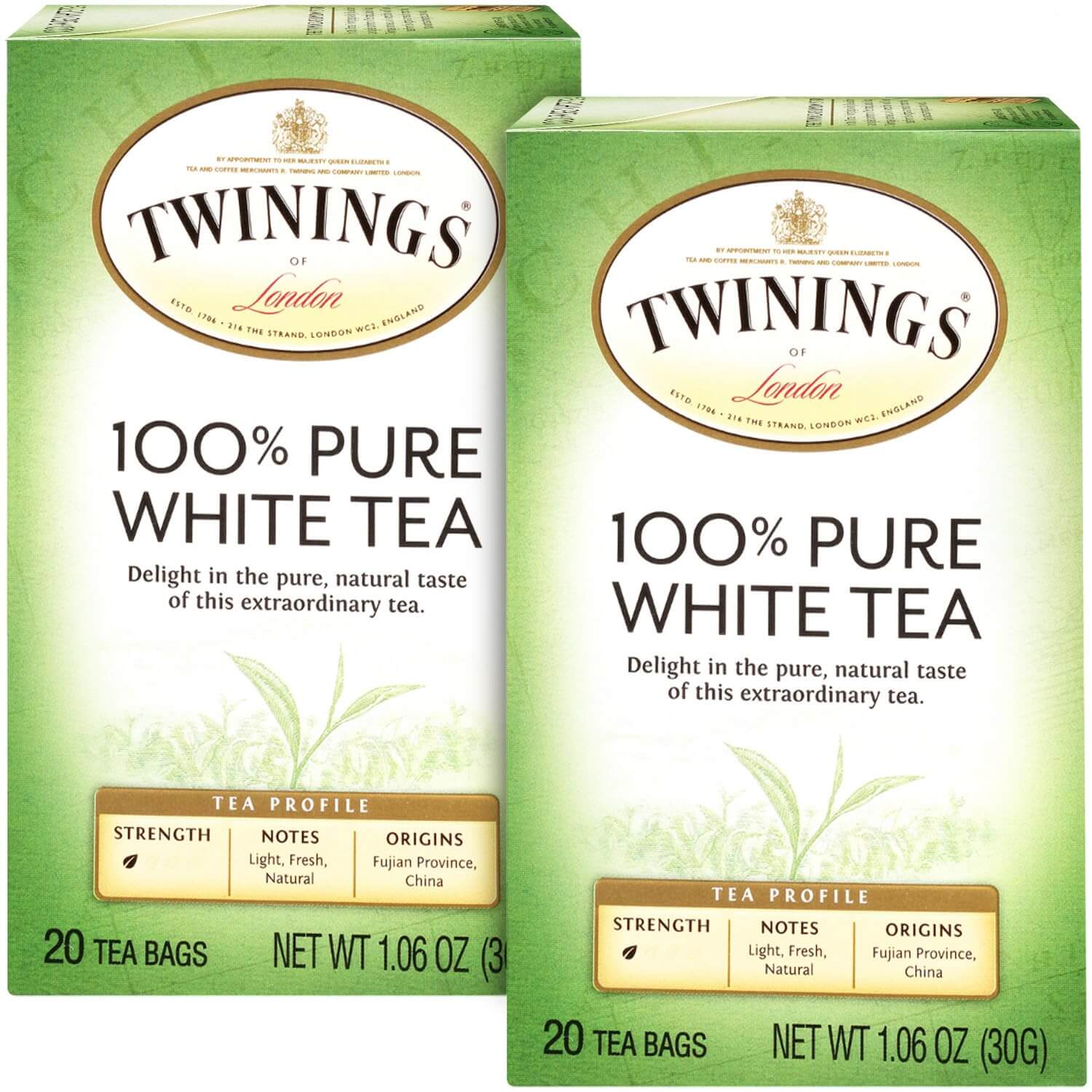
A cup of white tea is a little gift to your well-being. “The benefits of white tea are no secret. From chefs to medical researchers, everybody praises the sweet flavor and health benefits of this tea. Studies say that white teas are helpful in reducing risks of cancer and cardiovascular diseases. It is rich in polyphenols, tannin and flavonoids. The antioxidants work on protecting the various organs of the body, while also eliminate free radicals that can potentially damage blood cells, DNA and collagen. White tea may also provide some relief from diabetic symptoms by decreasing your plasma glucose levels and increase insulin secretion. Antibacterial properties of this tea can help fight against infections while it’s soothing effects aid in relief from insomnia, stress and fatigue. Incorporating white tea into our habitual morning rituals is a great way to reinforce your immune system and begin your day,” writes The Tea Kitchen.
Good health doesn’t need a grand plan; sometimes, it’s just about sipping tea. “Additionally, the polyphenols in white or green tea can act as prebiotics. As a result, tea-drinking may support a healthy gut microbiome, which in turn helps support healthy immune function. And white tea also contains high levels of l-theanine, a calming amino acids that some researchers think helps support a healthy immune system. All in all, white tea is an excellent preventive tea to drink daily to support a healthy, balanced immune system,” shares Pique Life.
2. Black Tea
Number two on our list is classic black tea. “Researchers found that people who drank black tea regularly over the course of six months showed increased immune activity. Black tea contains flavonoids, naturally occurring compounds found in plants that may protect against numerous conditions such as diabetes, heart disease, and cancer. Black tea has a higher caffeine content than many other teas, which could cause increased heart rate, tremors, and anxiety in large amounts,” says Insider.
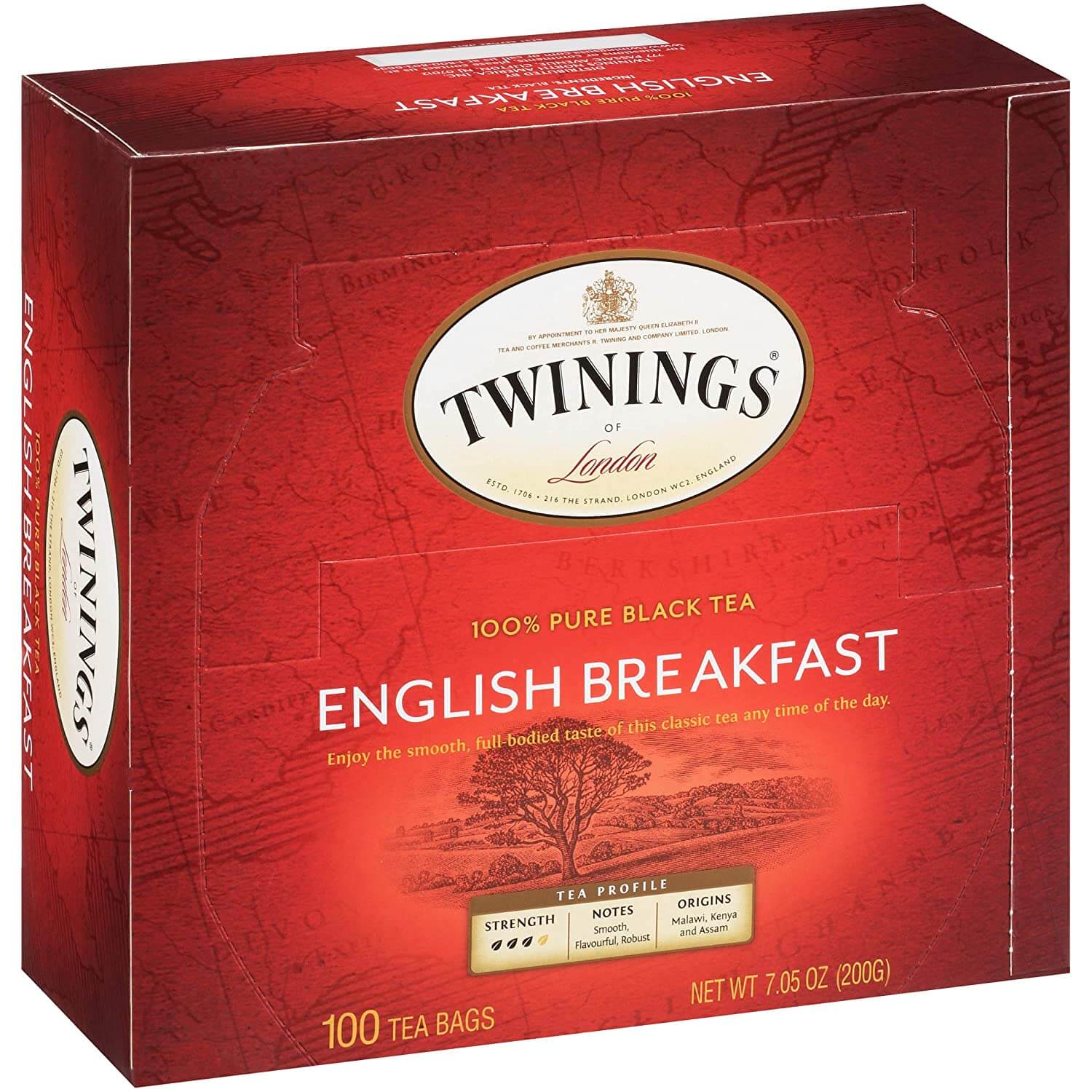
Tea is your ally in staying hydrated and feeling energized. “Black tea contains catechins with antiviral properties that can help to keep you from getting sick. Like other types of tea made from the camellia sinensis plant, black tea is high in antioxidants and has a variety of other health benefits, like soothing inflammation and boosting heart health,” writes Artful Tea.
Drinking Black tea is a gentle way to say I love me. “This is the most common tea you will find in the marketplace. Most convenience stores and restaurants will have Black Tea as their main tea. Black Tea contains catechins with antiviral properties. Black Tea is also very high in antioxidants and great to drink for your overall health,” shares Plascon Group.
3. Ginger Tea
Ginger is known for its amazing health benefits, so why not try it out in tea? “Ginger tea is an Ayurvedic staple traditionally used to aid digestion and decrease inflammation. Research suggests it supports healthy immune function and cellular health,” writes Pique Life.
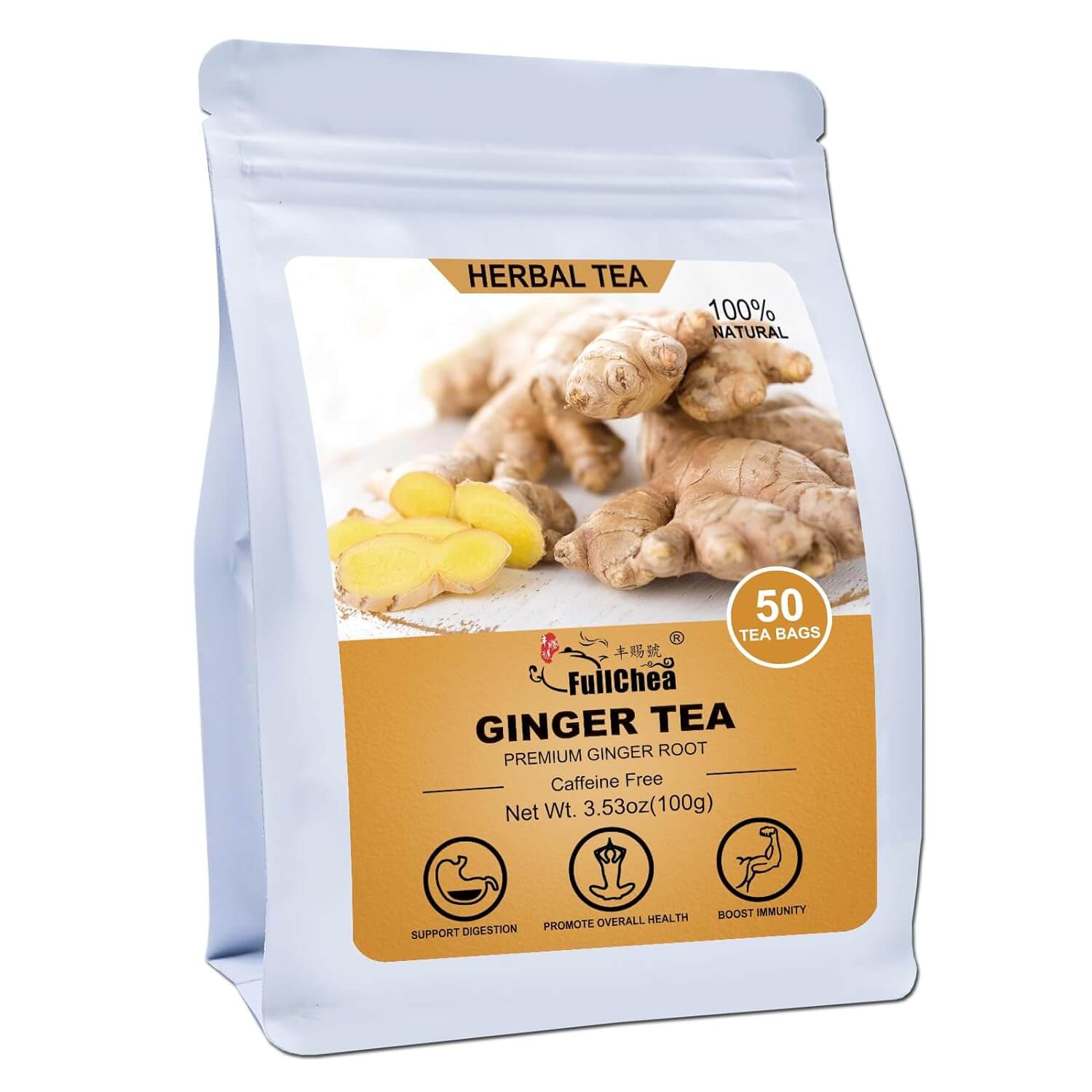
Ginger tea can be your protector, safeguarding your health. “Like turmeric, ginger also contains antimicrobial properties that can help to boost your immune system and keep you safe and healthy. Ginger imparts a slightly sweet, slightly spicy flavor to tea blends, and is a popular ingredient in both caffeinated and herbal teas,” shares Artful Tea.
Ginger tea is for anyone who wants to relax their mind from the stress of the world. “Ginger is a flowering plant that originated in Southeast Asia. It’s among the healthiest spices on the planet. Ginger teas contain antimicrobial properties that can help to boost your immune system and keep you safe and healthy. It’s also been shown that ginger can help reduce stress and we all know how stress can wreak havoc on our immune system! Ginger imparts a slightly sweet, slightly spicy flavor to tea blends, and is a popular ingredient in both caffeinated and herbal teas. Some of our favorites are lemon ginger herbal tea and our ginger black,” says The Tea Kitchen.
4. Turmeric Tea
Fourth on our list is turmeric tea. “Turmeric is used as a spice in cooking, but the powder, which is grated from the turmeric root, can also be consumed as tea when added to water. Turmeric is best known for curcumin, an active ingredient that gives it its signature orange-yellow color. Curcumin is believed to support the immune system by regulating the growth of immune-system cells and cancer-causing cells and reducing inflammation in the body, which may be beneficial to people who have arthritis and other inflammatory conditions. It is also noted to have antiviral and antimicrobial properties, and it’s traditionally used in some cultures for relieving cold and flu symptoms. This South Asian native rhizome gives a pungent, earthy and bitter flavor, so you do not need a whole lot to make a tea. Add ½ teaspoon of turmeric powder to 2 cups of water and bring the mixture to a boil. Then, turn the heat down and let it simmer for 5 to 10 minutes. You can also spice up your tea by adding ground cinnamon or a slice or two of lemon to give your drink a more acidic flavor,” says Eating Well.

Even if you can’t pronounce it, you should try it. “One of the best herbal tea for the immune system, the famous turmeric tea contains raw or refined turmeric that drastically strengthens your disease resistance capacity. Turmeric contains a sub-ingredient called the curcumin that aids your immune system in fighting off various illnesses, acute or chronic. Curcumin that is found in turmeric is responsible for suppressing inflammation and curbing the damages caused by viruses. It also provides relief from sore throat and congestion,” shares Kapiva.
Just think of it as a secret potion, like the witches in the forest would make for the severely ill. “Turmeric is an orange colored bitter tasting root which is related to Ginger. Turmeric contains a compound known as curcumin, which contains antimicrobial properties and can help to ward off illness,” says Plascon Group.
5. Licorice Root
Licorice? In tea? Yup. Here’s why: “Licorice root imparts a subtle sweetness to any tea its added to. Used in Chinese herbal medicine for hundreds of years, licorice root has a wealth of health benefits, including antiviral and antimicrobial properties that can help to boost your immune system and keep you from getting sick. Licorice root should only be consumed in moderation, so be sure to limit yourself to only a few cups of tea with licorice root per day,” writes Artful Tea.
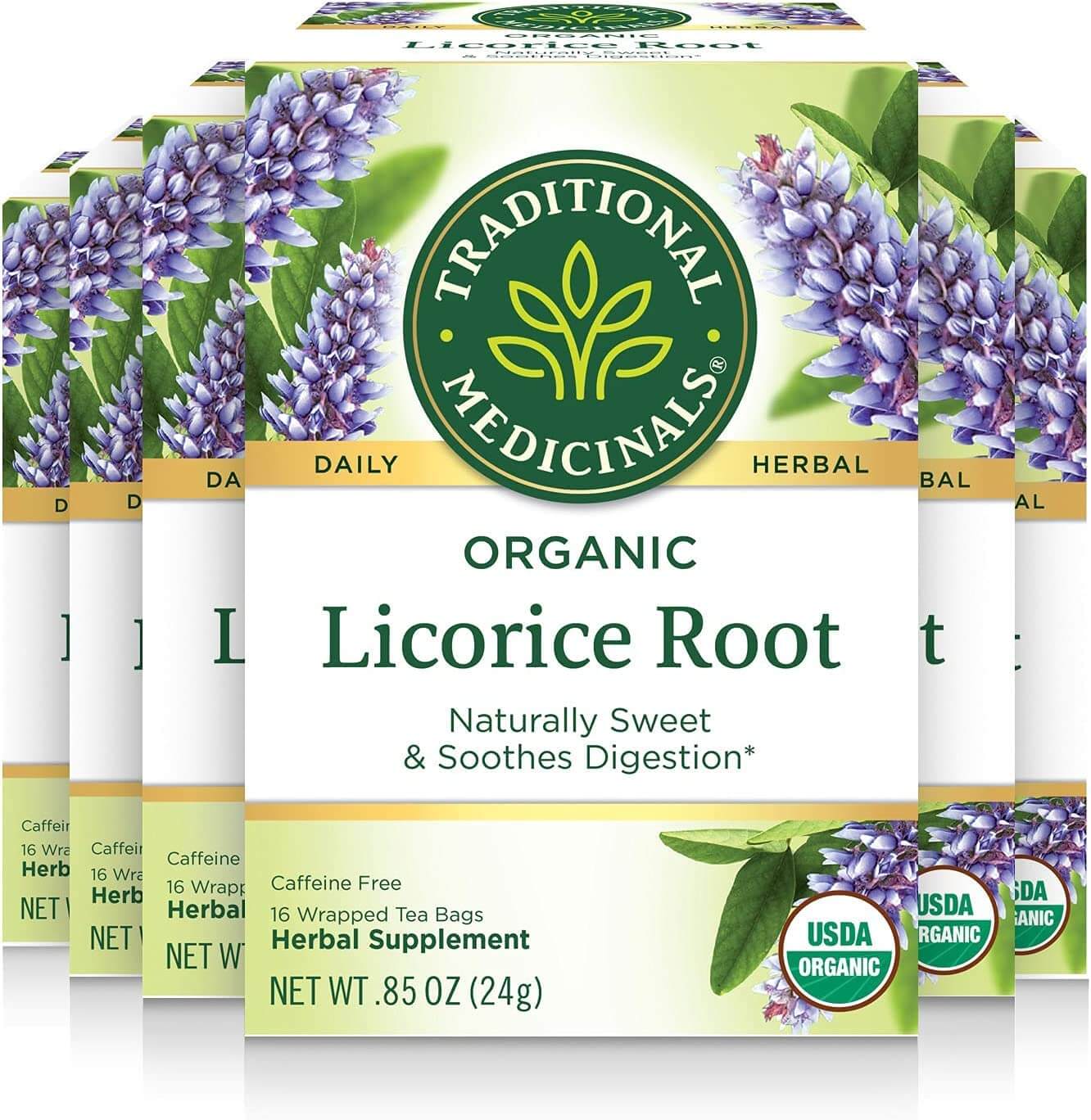
“Licorice contains flavonoids, a type of plant compound rife with antioxidants and found to have anti-inflammatory, antidiabetic, and anticancer properties. There is evidence that it may fight bacteria, viruses, and fungi. Hunnes notes there are many ‘licorice’ products sold that do not actually contain licorice, so it is important to read the ingredients. Some possible adverse effects, when consumed in large amounts, are increased blood pressure, decreased potassium levels, and complications for pregnant women,” shares Insider.
Thankfully, you won’t need sugar to make this taste like something. “Used in Chinese herbal medicine for hundreds of years, this root adds a subtle sweetness to any tea it is added to. However, don’t over do it. Keep it to 2-3 cups a day of the Licorice root tea,” says Plascon Group.
6. Peppermint Tea
Next up is a cuppa layered with minty flavor. “Peppermint is another popular herbal tea that can be consumed on its own or as an ingredient in both caffeinated and herbal blends. Peppermint is cool, minty, and soothing – the perfect thing when you’re feeling under the weather. Studies have shown that peppermint has antimicrobial and antiviral properties that can help ward off illness, and it’s also high in antioxidants along with a variety of other health benefits,” shares Artful Tea.
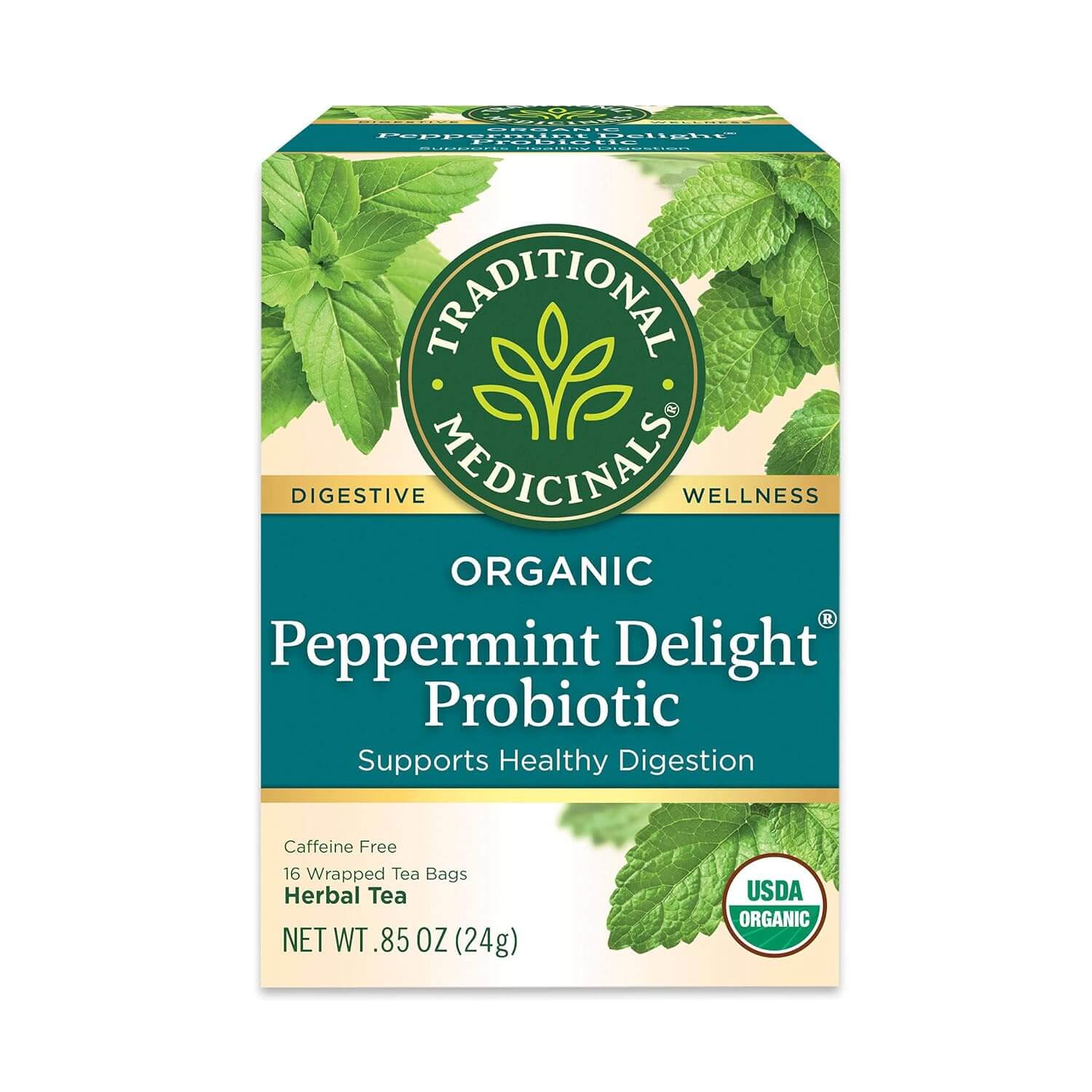
“Another type of tea that is gaining popularity in the health and wellness sphere is peppermint tea. The herbal ingredient, peppermint, makes up for a delicious range of caffeinated or herbal teas that are available in tea markets. The minty flavor of the ingredient strengthens the immune system in multiple ways, courtesy of its rich antimicrobial and antiviral properties. The tea also helps in enhancing your mood and improving your health. The immune-boosting tea is also effective in helping you recover faster from viral fevers and cough,” says Kapiva.
Fresh breath and good health? Sign me up! “Peppermint tea may help fight viruses and bacteria and boost the immune system. It can also serve as a stomach-soother for nausea, indigestion, or other gastrointestinal discomforts. Menthol and methyl salicylate, the main ingredients in peppermint, are known to calm anxiety, reduce pain, and prohibit the growth of bacteria. Drinking tea from peppermint leaves is generally viewed as safe, but the long-term effects of large consumption are unknown,” writes Insider.
7. Hibiscus Tea
Finally, the seventh tea recommended on our list to boost your immune system is hibiscus tea. “Looking for a tart-tasting tea that also potentially provides immune-supporting properties? You may want to give hibiscus tea a try. Hibiscus tea is a blend of dried hibiscus flower petals, sepals and leaves. The flowers come in different colors, but the red variety is commonly used in herbal supplements. Its rich content of antioxidants, specifically anthocyanins, gives the plant red, blue and purple colors. Anthocyanins may protect cells, tissues and organs by strengthening the cell membranes, making them less porous and vulnerable to free radicals. Hibiscus tea is sold as loose tea, in tea bags or as part of a tea blend with other ingredients. To enjoy a cup, steep it for five minutes, strain and adjust its sweetness according to your palate. If you like cranberries, though, then unsweetened hibiscus tea will remind you of that,” says Eating Well.
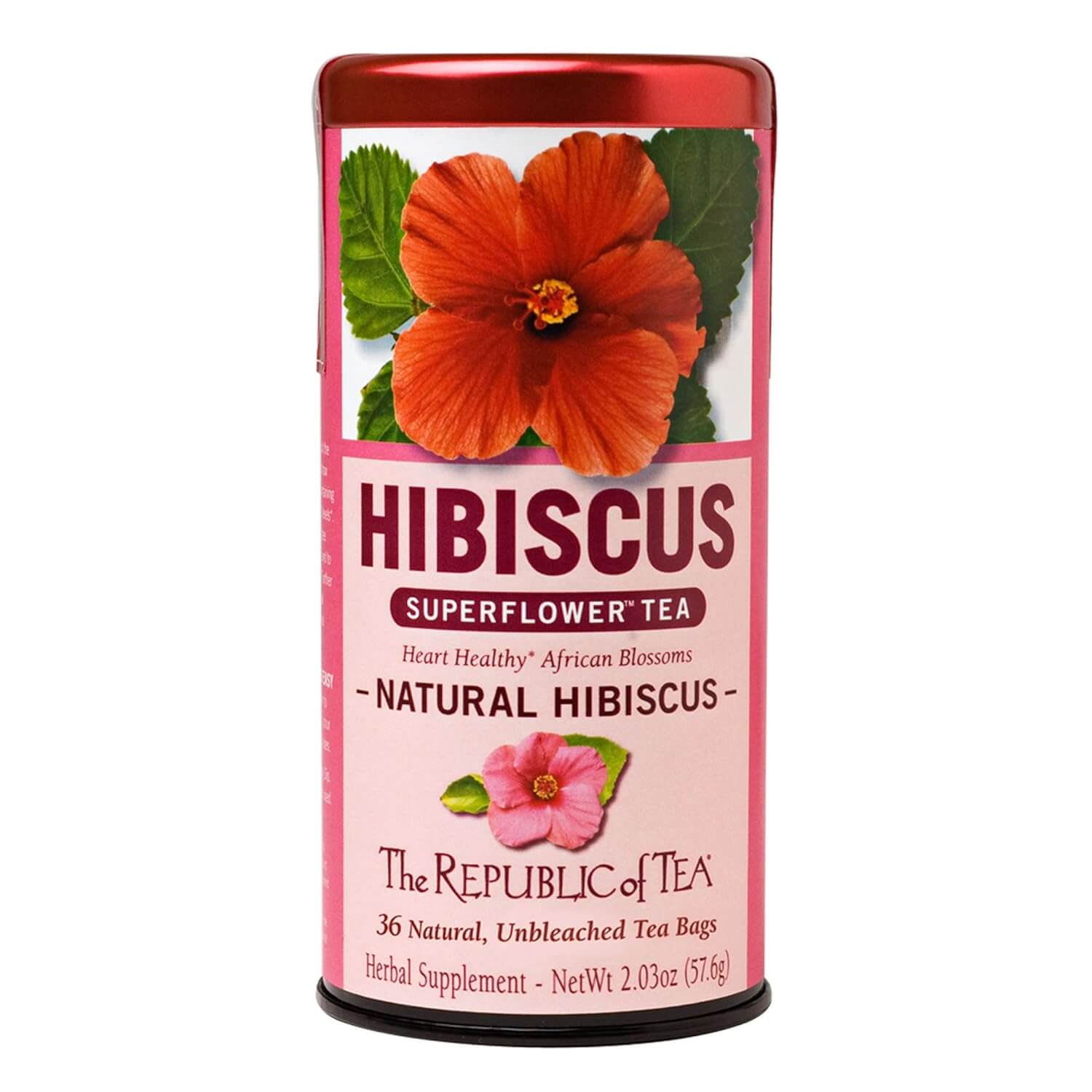
We all need more vitamin C. “Teas that include hibiscus contain antibacterial and antimicrobial properties that can help to ward off illness and promote overall health. Hibiscus also has many other health benefits, including high levels of iron, antioxidants, and Vitamin C,” shares Artful Tea.
The lower the blood pressure, the better your energy and vitality. “Hibiscus contains the powerful antioxidant anthocyanin and vitamin C, which plays an important role in immune function. There is evidence that it can help lower blood pressure and fat in the liver. People who are pregnant or taking the malaria medication chloroquine — and certain blood pressure and diabetes medications — should avoid hibiscus,” writes Insider.
You might also be interested in:
Sources:
- Insider
- Pique Life
- Artful Tea
- Plascon Group
- Kapiva
- Everyday Health
- Cannabo Tech
- CN Traveller
- Eating Well
- The Tea Kitchen
Note: This article was not paid for nor sponsored. StudyFinds is not connected to nor partnered with any of the brands mentioned and receives no compensation for its recommendations.

Live in Indian Rocks Florida Alittle community called Shipwatch Near beach but not the high tax of living on beach Just a friendly and quite place to live We are originally from New Jersey
I would like this tea as I get sick a lot and it would help me to be well. S
There is a big difference between Tampa, St. Petersburg and Clearwater. I lived and worked in Tampa for 45 years. There are advantages of living in a warmer climate, but it is most definitely not ‘like being on vacation’ all the time like the article says. I live in the country outside of Asheville now. There is a lot to like about the area, but it is no utopia either. This whole article is misleading.